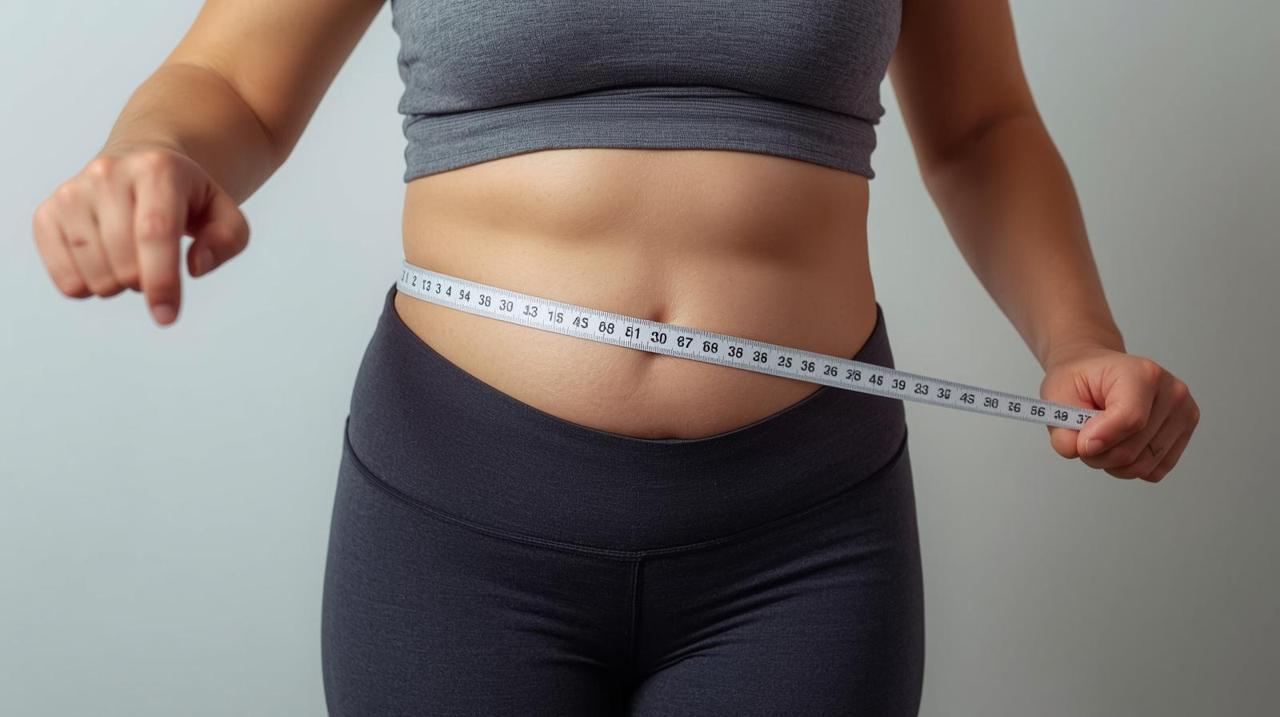You have not yet added any article to your bookmarks!

Join 10k+ people to get notified about new posts, news and tips.
Do not worry we don't spam!

Post by : Samjeet Ariff
Recent advances in medications originally created for type 2 diabetes—now widely known as GLP-1 therapies such as Ozempic, Wegovy and Mounjaro—are changing how people approach weight and wellbeing. Beyond clinical outcomes, these treatments are nudging consumers to eat differently, exercise with new goals in mind, and seek healthier travel experiences, prompting wide-reaching adjustments across several sectors.
As more people use these drugs, patterns of consumption are shifting: smaller portions, greater interest in nutrient density, and altered leisure spending. Those ripples are already influencing markets and reshaping the practical meaning of a "healthy" lifestyle in regions across Asia and beyond.
The most visible consequences are appearing in food service and retail. Many patients on GLP-1 treatments report diminished appetite and a preference for modest, nutrient-rich meals. Chefs, grocers and brands are taking note and rethinking product sizes and offerings.
Restaurants that once pushed large, indulgent dishes are testing pared-back menus emphasizing concentrated flavours and high-quality ingredients. In major Asian dining hubs, tasting menus and mindful dining concepts are gaining traction as alternatives to portion-driven experiences.
Fast-food operators and global chains are also adapting, trialling lighter menu items, smaller servings and build-your-own options that accommodate lower-calorie preferences. There's a parallel uptick in demand for higher-protein and lower-carbohydrate choices to help consumers feel satisfied with less volume.
Packaged-goods makers are being challenged, too. Sales of heavily processed items may cool as shoppers prioritise minimally processed, natural ingredients. Manufacturers are reformulating to meet rising interest in sugar-free drinks, portion-controlled snacks and ready meals based on whole foods.
In short, marketing that once celebrated excess is yielding to messaging centered on moderation, ingredient quality and informed consumption.
The fitness industry’s long-standing promise—exercise as the primary route to weight loss—is being recalibrated. With pharmacological assistance helping many shed kilos, the emphasis is shifting toward preserving muscle, improving function and supporting mental health.
Strength training, recovery and mobility work are taking precedence as providers tailor programs to protect lean mass during rapid weight change. Fitness studios and trainers are increasingly offering personalised plans that prioritise sustainable health outcomes rather than transient calorie burn.
Wearables and health platforms are playing a greater role, enabling people to monitor sleep, recovery and cardiovascular markers alongside activity. Wellness retreats across Asia are broadening their packages to combine gentle fitness, mindfulness and nutrition counselling for those seeking integrated support.
Influencers and coaches are modifying their advice, too: the conversation is moving away from extreme regimens toward longevity, balance and psychological wellbeing.
Travel behaviour is shifting as well. Wellness tourism is no longer niche; hotels, resorts and tour operators are designing experiences that align with guests’ evolving health priorities.
Properties now commonly offer lighter dining options, tailored meal plans, and fitness facilities that accommodate diverse abilities. In destinations across Asia and the Middle East, packages increasingly combine spa, nutrition guidance and low-impact activity to support restorative stays.
Luxury travel brands are emphasizing meaningful, health-focused journeys—such as hiking, cycling and community-based eco stays—rather than pure indulgence. Airlines and cruise lines are also reassessing menus and onboard wellness programming to reflect a desire for rejuvenation as part of travel.
These behavioural changes raise economic questions for agriculture, retail and marketing. Lower per-capita consumption of certain commodities could pressure suppliers of sugar and refined grains, while producers of plant-based and organic alternatives may see faster growth.
Retailers that relied on impulse food purchases are diversifying into wellness goods, from supplements to meal replacements. Pharmacies and health chains are expanding ranges that support active lifestyles, and brands are reframing campaigns to highlight longevity, clarity about nutrition and proportional eating.
Beyond commerce, GLP-1 treatments are influencing cultural norms around body image and wellbeing. For many, improved health outcomes have lifted confidence and energy; for others, they’ve heightened expectations about maintaining change.
Mental health experts urge that weight management be embedded in a broader approach to wellbeing. That is why many programmes now include psychological support, mindful-eating education and counselling to help people integrate changes in a sustainable way.
Access to personalised nutrition and fitness—once seen as exclusive—is becoming more common as technology and services scale, shifting perceptions of what health-related "luxury" means.
GLP-1 medicines herald a substantive shift in consumer behaviour that will continue to challenge and create opportunities for food, fitness and travel sectors. Success for businesses will depend on embracing this intersection of medicine, lifestyle and culture—creating offerings that support wellbeing without promising quick fixes.
Ultimately, the industries that pivot from promoting excess to enabling balanced, durable health practices will be best positioned as societies move toward a future where everyday choices—meals, workouts and trips—contribute to longer, healthier lives.










Study Warns Using AI for Medical Advice Is ‘Dangerous’ as Users Get Inaccurate Health Guidance
A major new study reveals that artificial intelligence (AI) chatbots and tools may give misleading o

Top Sci-Fi Movies Streaming on Netflix This February: Must-Watch Picks for Genre Fans
A curated news-style guide to the best science fiction films currently available on Netflix in Febru

BCCI Central Contracts Shake-Up: Kohli, Rohit Moved to Grade B as Board Reshapes 2025–26 List
Virat Kohli and Rohit Sharma have been placed in Grade B in the BCCI’s 2025–26 central contract list

Dalal Street Spotlight: Top 10 Stocks Investors Are Watching as Markets Open on a High
Indian stock markets begin the week with strong momentum, and several blue-chip and mid-cap stocks a

Market Movers Today: Key Stocks Set To Watch In Indian Markets
Indian equity markets are poised for active trading as several major companies, including Bharti Air

Milan Welcomes the World: Inside the Grand Opening Ceremony of the 2026 Winter Olympics
The 2026 Winter Olympics opening ceremony in Milan marked a defining moment for global sport, blendi